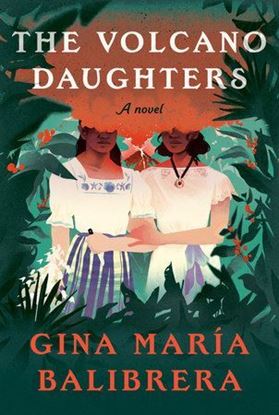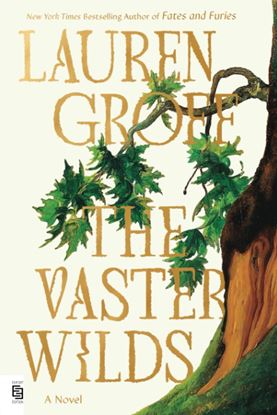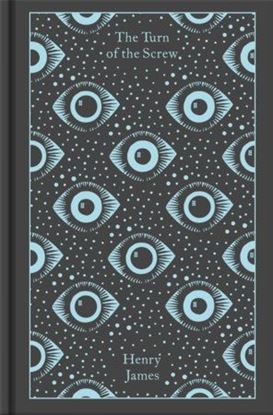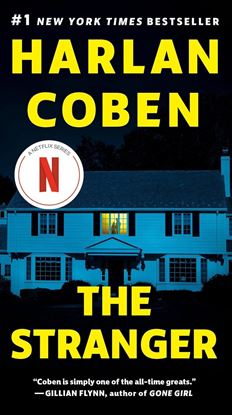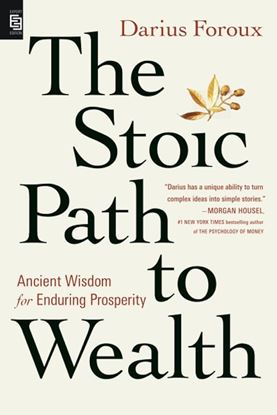

THE VOLCANO DAUGHTERS
El Salvador, 1923. Graciela, a young girl growing up on a volcano in a community of Indigenous women, is summoned to the capital, where she is claimed as an oracle for a rising dictator. There she meets Consuelo, the sister she has never known, who was stolen from their home before Graciela was born. The two spend years under the cruel El Gran Pendejo’s regime, unwillingly helping his reign of terror, until genocide strikes the community from which they hail. Each believing the other to be dead, they escape, fleeing across the globe, reinventing themselves until fate ultimately brings them back together in the most unlikely of ways…
Endlessly surprising, vividly imaginative, bursting with lush life, The Volcano Daughters charts a new history and mythology of El Salvador, fiercely bringing forth voices that have been calling out for generations.
1,250
THE VASTER WILDS
A servant girl escapes from a settlement. She carries nothing with her but her wits, a few possessions, and the spark of god that burns hot within her.
1,250
THE TURN OF THE SCREW
In "The Turn of the Screw," one of the most famous ghost stories of all time, a
governess becomes obsessed with the belief that malevolent forces are stalking
the children in her care. It is accompanied here by several more of the very best of
Henry James's short stories, all exploring ghosts and the uncanny.
For more than seventy years, Penguin has been the leading publisher of classic literature in the English-speaking world. With more than 1,800 titles, Penguin Classics represents a global bookshelf of the best works throughout history and across genres and disciplines. Readers trust the series to provide authoritative texts enhanced by introductions and notes by distinguished scholars and contemporary authors, as well as up-to-date translations by award-winning translators.
1,700
THE TEMPORARY ROOMIE
No one said fair trade needed to be “fair.”
As the owner of Honeysuckle Salon, Jessie Barnes usually has everything managed and on track, but now in her third trimester of an unexpected pregnancy, she feels a bit lost and increasingly desperate after faulty plumbing floods her apartment. Unfortunately, her knight in shining armor is actually Dr. Drew Marshall, her best friend’s brother, and he’s also the man she chewed out not too long ago for being a chauvinistic dirtbag.
Every moment Drew’s had to prove her wrong since then has failed, so Jessie’s opinion of him hasn’t improved. That remains the case when he agrees to let her stay with him during renovations, under one condition: She pretends to be his girlfriend for upcoming work festivities. For the sake of her brother, Jessie is willing to make the tough situation work, and giving Drew a taste of his own medicine sounds . . . intriguing.
But when their rivalry sparks a deeper connection, Jessie’s future becomes even more unclear—and with a baby on the way, she’ll have to make a decision soon.
900
THE STRANGER (MM)
The Stranger appears out of nowhere, perhaps in a bar, or a parking lot, or at the grocery store. Their identity is unknown. Their motives are unclear. Their information is undeniable. Then they whisper a few words in your ear and disappear, leaving you picking up the pieces of your shattered world...
Adam Price has a lot to lose: a comfortable marriage to a beautiful woman, two wonderful sons, and all the trappings of the American Dream: a big house, a good job, a seemingly perfect life.
Then he runs into the Stranger. When he learns a devastating secret about his wife, Corinne, he confronts her, and the mirage of perfection disappears as if it never existed at all. Soon Adam finds himself tangled in something far darker than even Corinne's deception, and realizes that if he doesn't make exactly the right moves, the conspiracy he’s stumbled into will not only ruin lives—it will end them.
750
THE STOIC PATH TO WEALTH
The Stoics understood that if you can control your reactions and manage your emotions, you can achieve success. The same principles apply to our financial lives today. The greatest investors approach the markets with discipline, emotional distance, and self-mastery—lessons that the Stoics have been teaching us for thousands of years.
1,450


